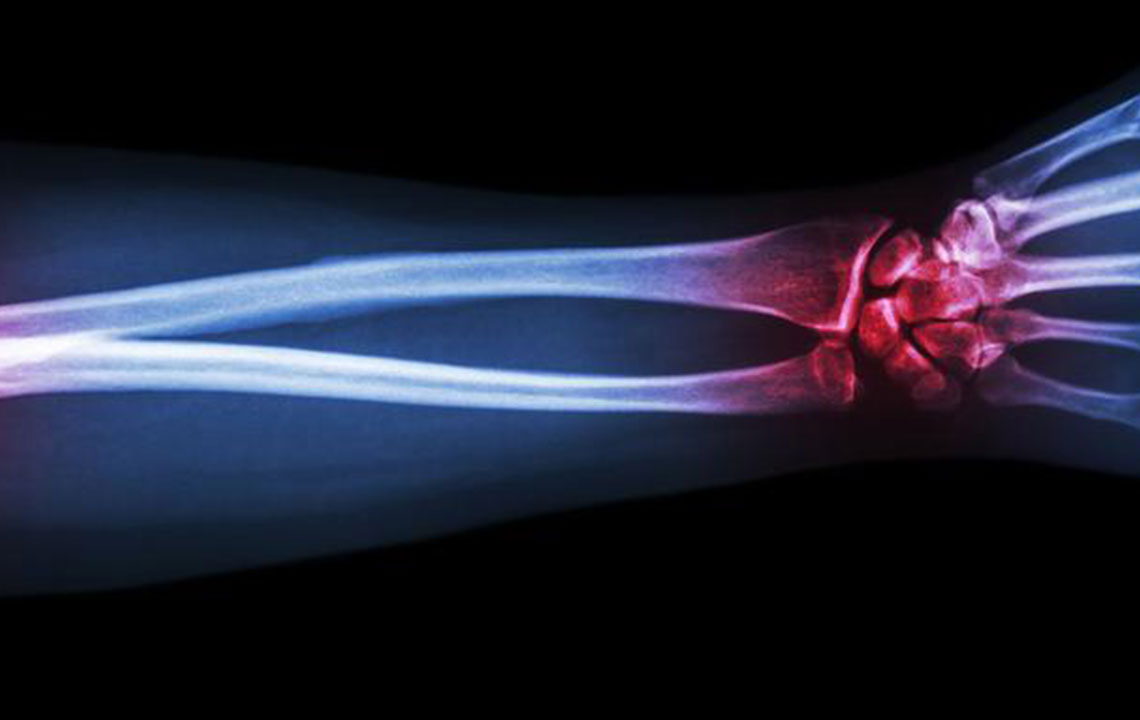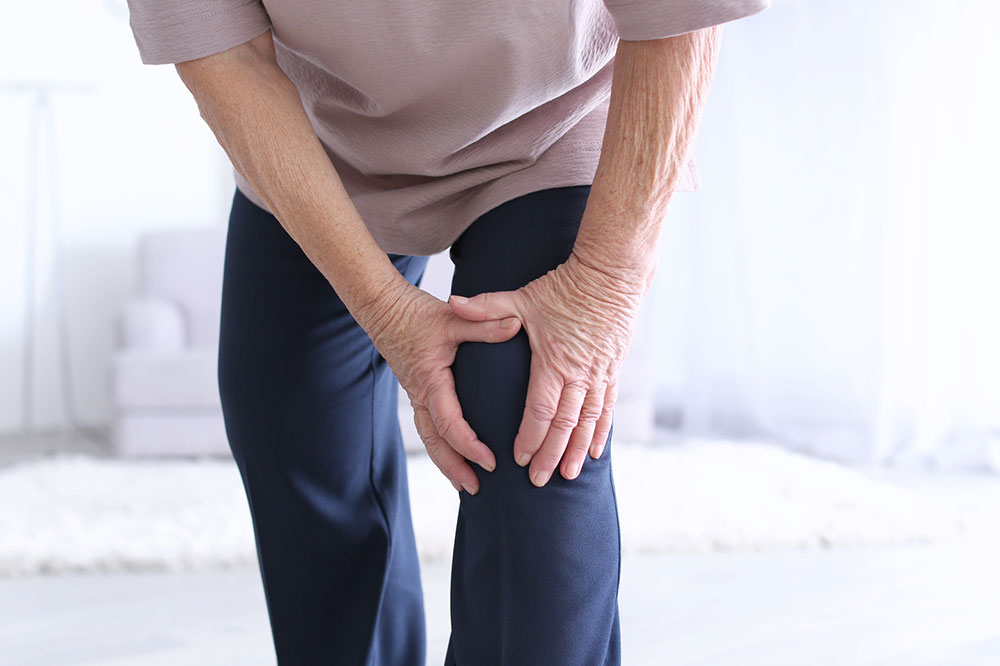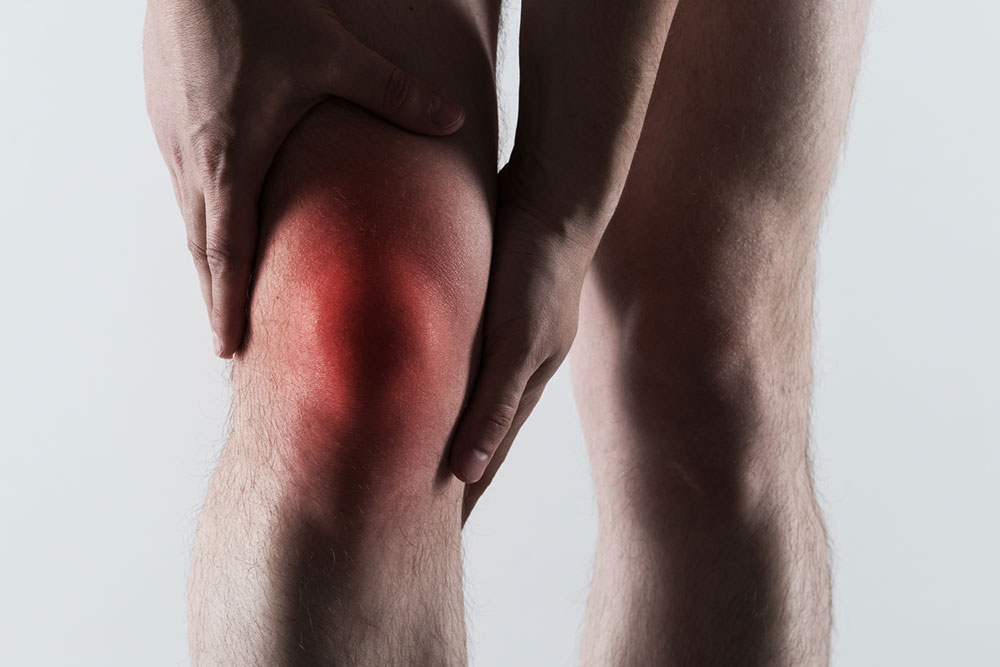All you need to know about gout attacks
Gout foot pain is characterized by a sudden and severe attack of excruciating pain along with swelling, redness and tenderness of the joint. It mostly takes place at the side or base of the large toe. It can be defined as a complex form of arthritis which affects more men than women. However, women become increasingly vulnerable to gout foot pain after menopause.The gout foot pain can occur without any aggravation or prior warning.

Intense pain in the joints
Gout normally affects the joint in the big toe. But this doesn’t indicate that gout pain cannot occur in hand, wrists, ankles, feet and knees. The pain is likely to be unbearable for in the initial 4 to 12 hours.
Constant discomfort
After the most severe gout foot pain subsides, there can be a continuous discomfort in the joints for a few days. Without the proper gout foot pain treatment, the discomfort would last longer and start spreading to other joints as well.
Redness accompanied by inflammation
The affected areas would become swollen, reddish, tender and warm.
Decrease in the range of motion
With the progress of the gout foot pain, you will experience a decreased range of motion.
Several reasons cause gout foot pain. Listed below are some of the common risk factors that can lead to gout.
Dieting irregularities
If you have a habit of consuming a diet which is rich in meat content along with sweetened beverages, you are more likely to have excess amounts of uric acid. This, in turn, increases your chances of having gout. Those who consume alcohol, particularly beer are more likely to have gout foot pain compared to others.
Obesity
When you are overweight, you are more likely to have high levels of uric acid. It pressurizes your kidneys to flush out the uric acid and the whole condition increases your risk of gout.
Medicines and clinical conditions
If you have high blood pressure and sugar, it also increases your chance of having gout. You should try to reduce the metabolic syndrome, heart and kidney conditions for reducing the chances of suffering from gout foot pain.




